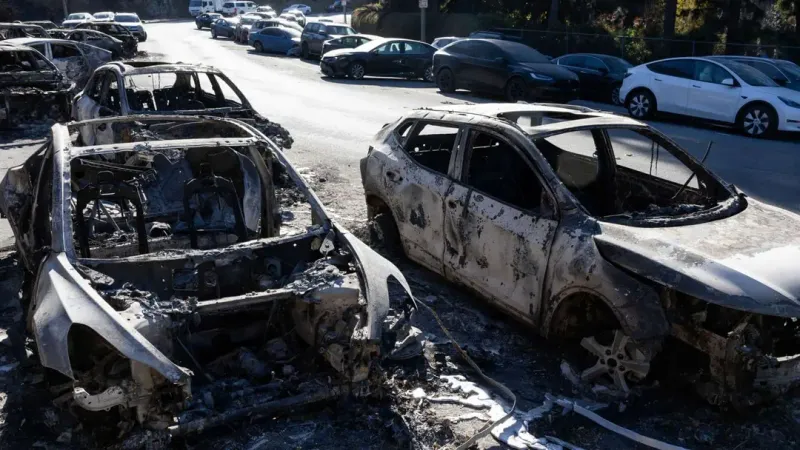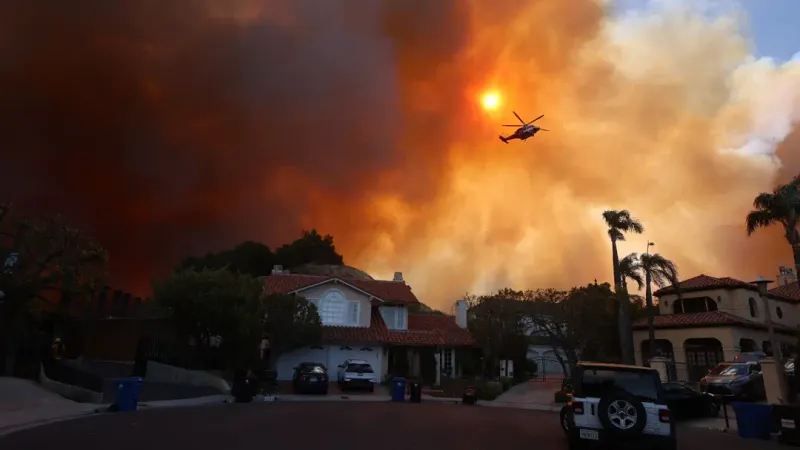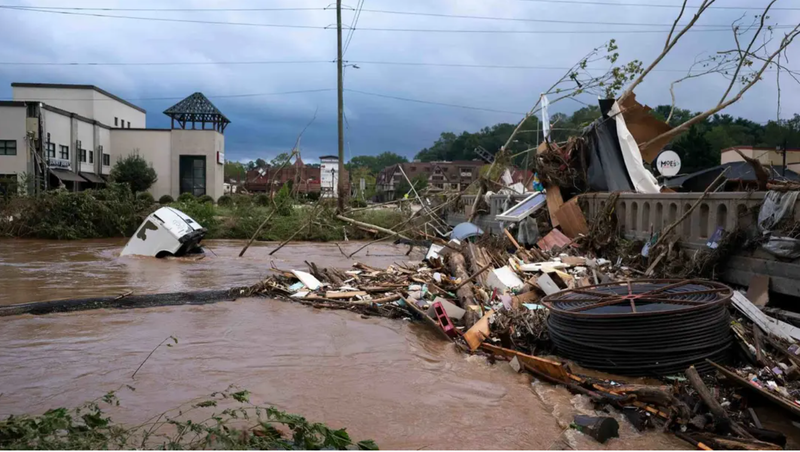Tanzania: Flash Floods, Landslides Kill Over 60
At least 63 people have been killed after heavy rains caused flash floods and landslides near Mount Hanang in northern Tanzania, officials said on Monday. [Figures continue to be in flux.]...

Facts
- At least 63 people have been killed after heavy rains caused flash floods and landslides near Mount Hanang in northern Tanzania, officials said on Monday. [Figures continue to be in flux.]1
- According to Tanzania's Prime Minister Kassim Majaliwa, at least 116 people have been injured. Meanwhile, rescue teams continue to search for people buried in the mud.2
- In addition, Pres. Samia Suluhu Hassan's office has said that the floods and landslides have affected at least 1.1K houses and 5.6K people and destroyed nearly 750 acres of farmland.3
- This comes after the Tanzania Meteorological Authority in August warned that the rainy season — heavily influenced by El Niño — would bring significant dangers and disruptions to residents.4
- The tragedy also comes on the back of the worst drought to hit Tanzania's neighbors in 40 years, which has reportedly killed millions of livestock and plunged parts of the region into near-starvation conditions.5
- Heavy downpours have severely hit East Africa this year, with catastrophic flooding and landslides displacing more than 1M people in Somalia in recent weeks. In May, severe floods killed at least 130 in Rwanda.6
Sources: 1BBC News, 2Al Jazeera, 3The Print, 4Xinhua, 5Africa News and 6The Guardian.
Narratives
- Pro-establishment narrative, as provided by IMF. The African continent, which has a vast history of conflict, faces multiple threats — including climate change — which are cascading and increasing in severity and exacerbating existing housing, food, and water insecurities. As these vulnerabilities collide, nations and international community support will be vital to addressing this threat. This is an important responsibility for the global community and humanitarian system.
- Establishment-critical narrative, as provided by Argus Media. While challenges mount, African countries are getting more involved in the continent's future based on a tremendous local and national-level understanding of climate change and its impact on the continent. This realization has spurred a consortium of countries to step up and become global leaders in climate change and adaptation. While their role in emissions is small, Africa's leaders aren't letting it stop them from taking the lead and bolstering global transformation. It is Africa that must lead the way and not wait for Western-led systems alone to provide support.






